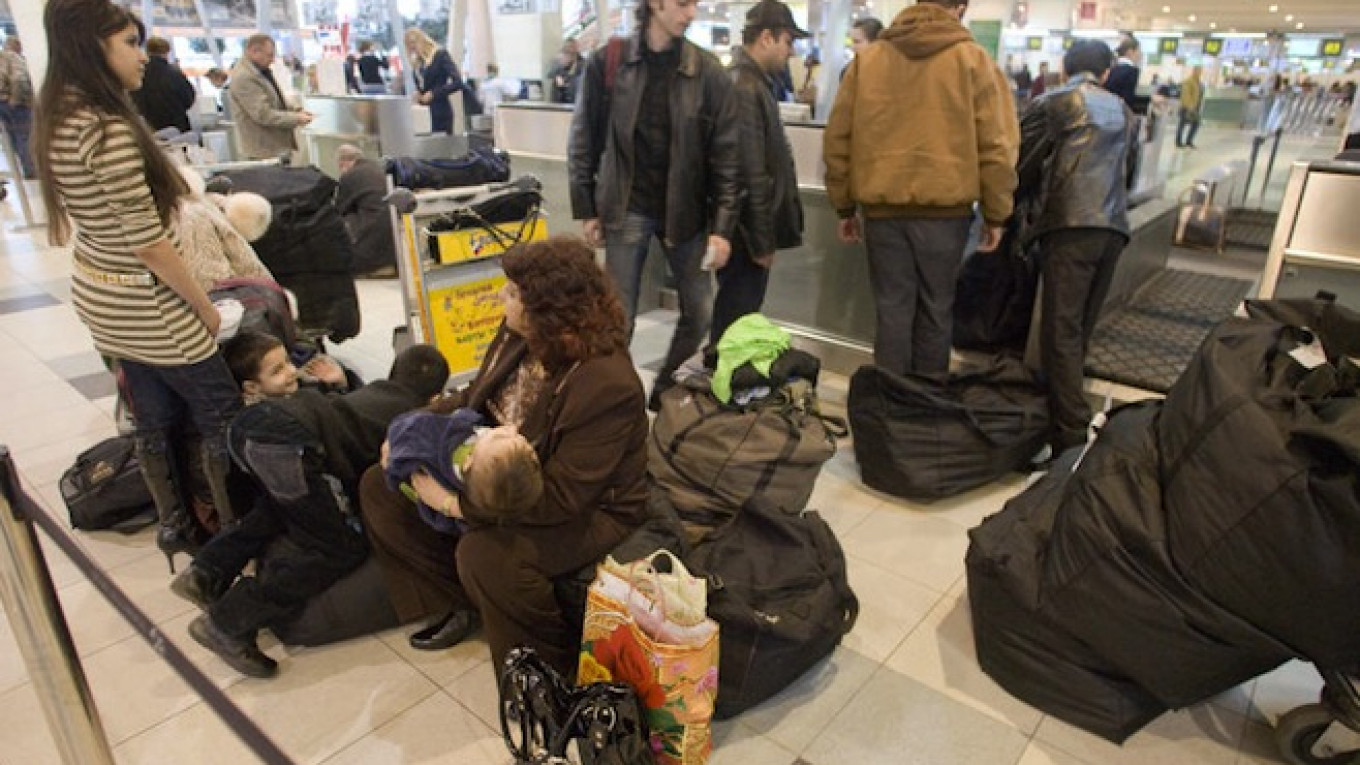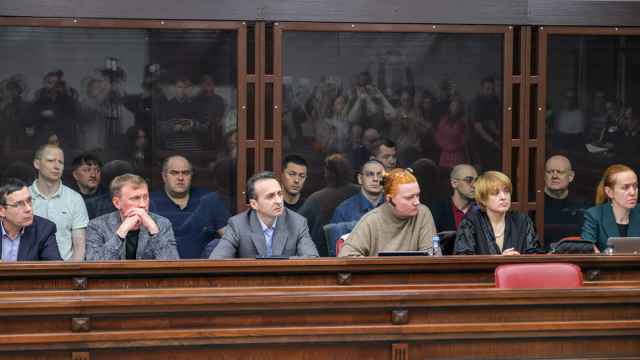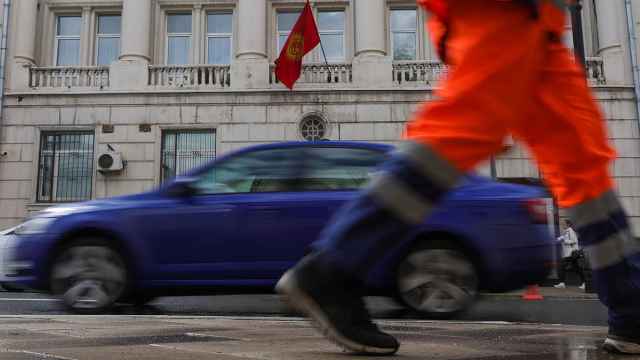British tour operator TUI Travel is cutting the number of holidays it offers to Russian customers by 30 percent after the devaluation of the ruble prevented it from raising prices, Chief Executive Peter Long said.
Difficult trading in Russia and Ukraine also resulted in a provision of 27 million pounds ($44 million) in the fourth quarter against loans made by its joint venture entity operating in the those markets.
"[In Russia] we're taking a cautious view for winter, where we are reducing capacity and then we will assess based on winter demand our program for next summer," Long told reporters on a conference call on Thursday.
The remainder of the travel firm's business has performed well, however, making up for the problems in eastern Europe.
The company said it was on track to deliver full-year underlying operating profit growth of at least 9 percent after selling at higher-than-average prices over the summer.
Both its German and UK divisions were set for record profits, the company said, underlined by a 22 percent rise in package holiday bookings in Germany following the country's soccer World Cup win.
Shares in the travel operator were trading 0.3 percent higher at 0835 GMT.
"TUI Travel's pre-close [statement] will, we believe, be well received by the market and is a further vindication, in our view, of the strategy that the group has taken under the leadership of Peter Long," Numis analysts said.
TUI Travel, which is in the process of merging with its majority owner TUI AG to create the world's biggest leisure and tourism group, also said its winter 2014/15 overall bookings were up 2 percent and UK bookings for summer 2015 were already 11 percent higher.
TUI Travel and TUI announced a plan to merge in an all-share, nil-premium deal in June before agreeing terms of the deal in September.
Investors had long expected such a tie-up since TUI Travel was created in 2007 from the merger of Britain's First Choice and the travel business of TUI AG.
Long said he had received very positive feedback from shareholders regarding the merger and he was continuing to engage with them before a vote at the end of the month.
A Message from The Moscow Times:
Dear readers,
We are facing unprecedented challenges. Russia's Prosecutor General's Office has designated The Moscow Times as an "undesirable" organization, criminalizing our work and putting our staff at risk of prosecution. This follows our earlier unjust labeling as a "foreign agent."
These actions are direct attempts to silence independent journalism in Russia. The authorities claim our work "discredits the decisions of the Russian leadership." We see things differently: we strive to provide accurate, unbiased reporting on Russia.
We, the journalists of The Moscow Times, refuse to be silenced. But to continue our work, we need your help.
Your support, no matter how small, makes a world of difference. If you can, please support us monthly starting from just $2. It's quick to set up, and every contribution makes a significant impact.
By supporting The Moscow Times, you're defending open, independent journalism in the face of repression. Thank you for standing with us.
Remind me later.






